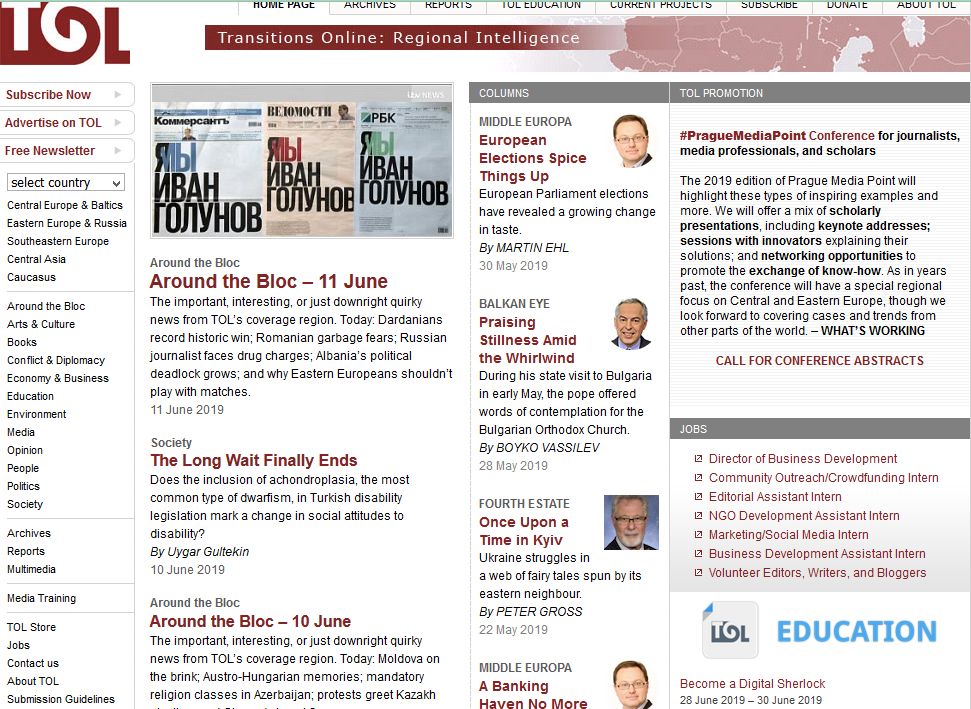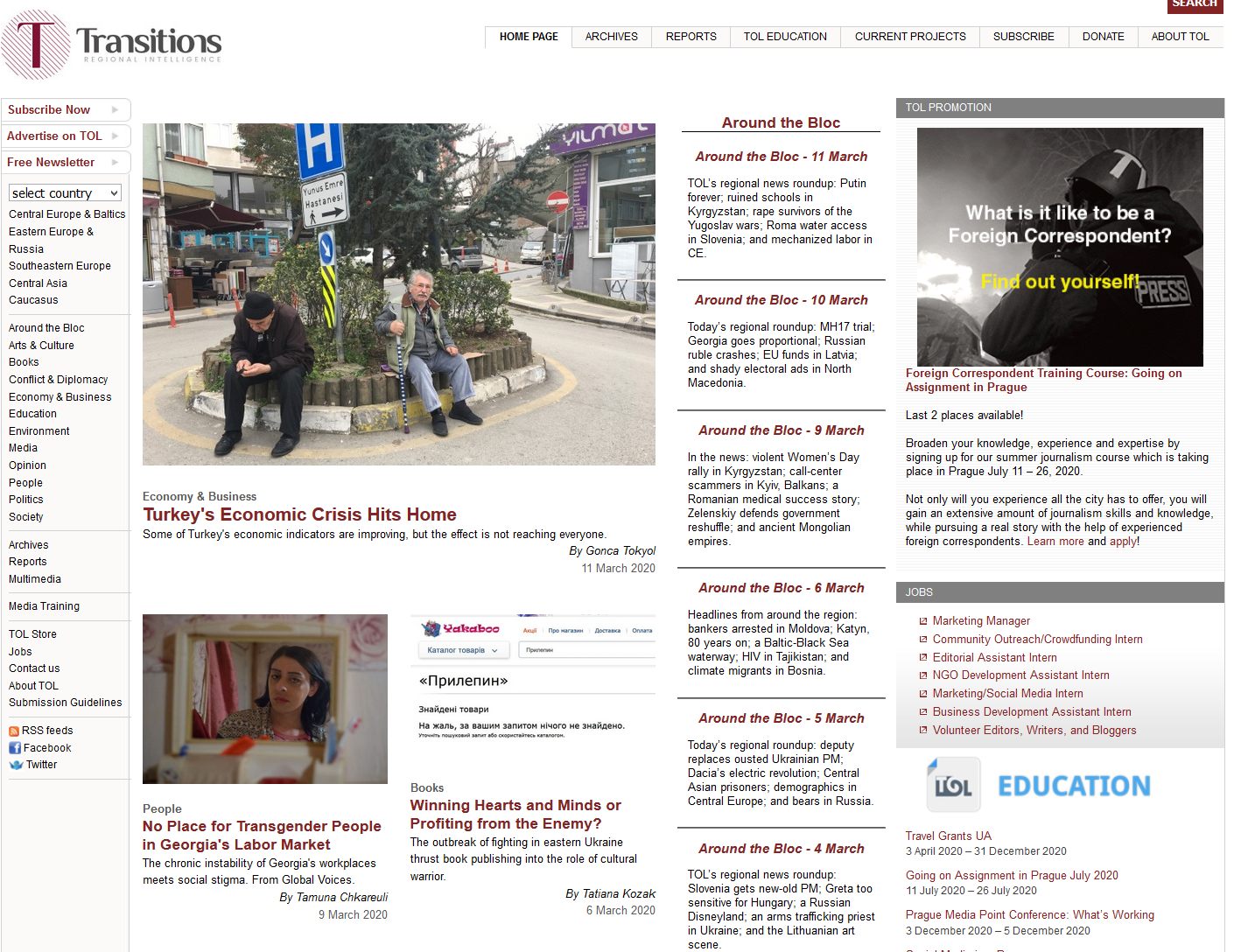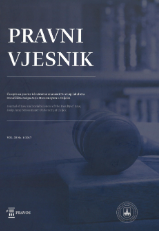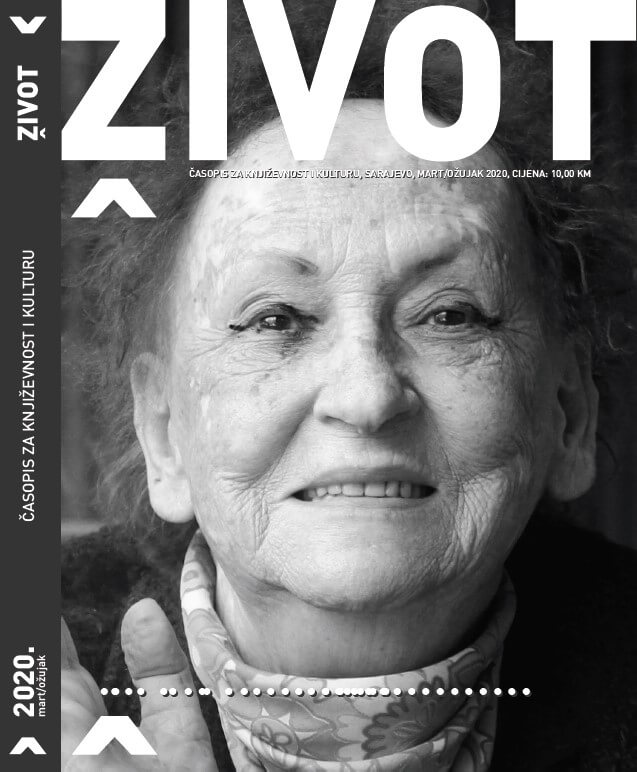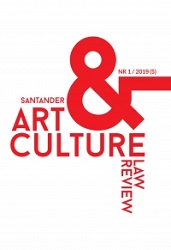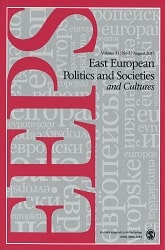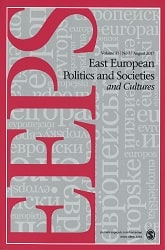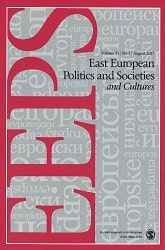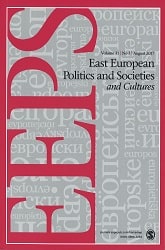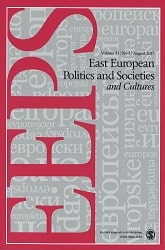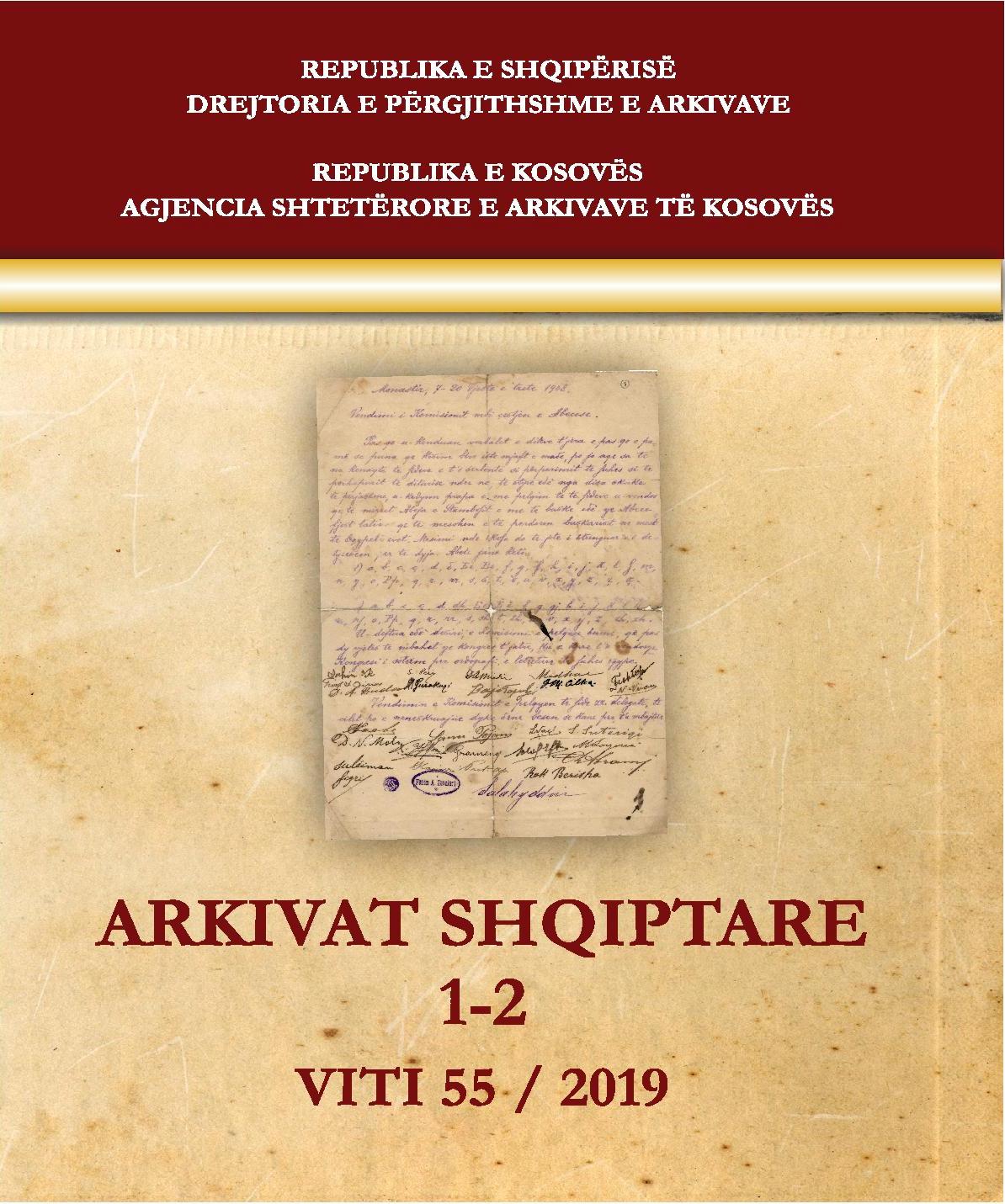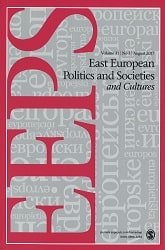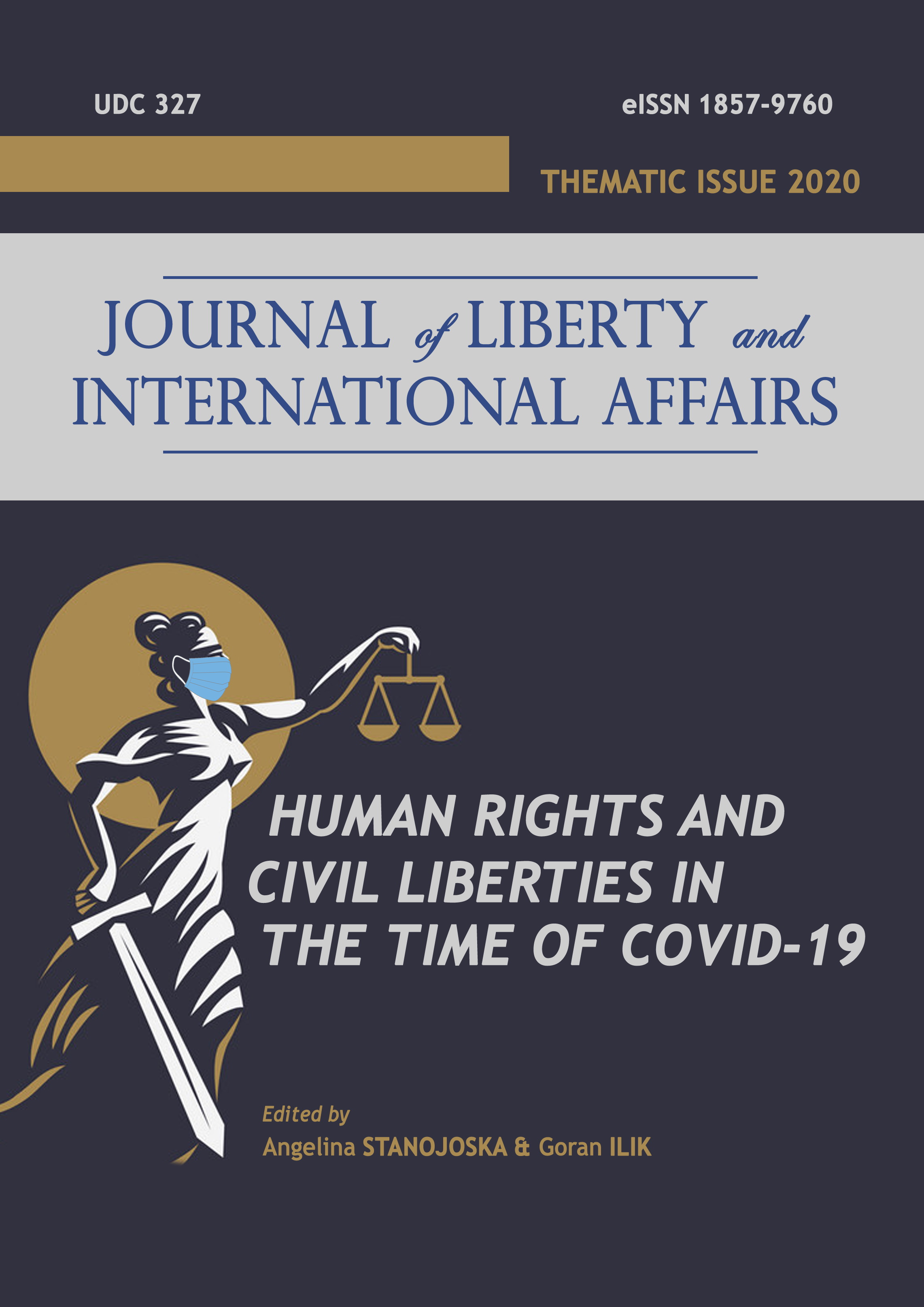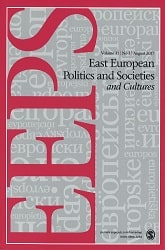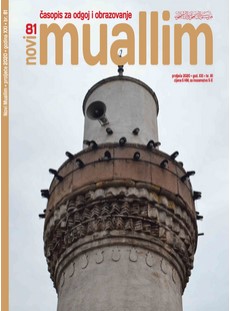Author(s): Fikrie Berisha / Language(s): Albanian
Issue: 1-2/2019
The birth of documents has historically occurred when writing was born as a way of communication in society, as an objective requirement of social development and as a need for the functioning and solution of various human problems. The first documents are found early, sometime in the third millennium BC in the slave-owning states of the ancient East, then later in ancient Greece and Rome. While in the Albanian territories we find documents and archives in very early periods, since the ancient Illyrian cities, such as stone inscriptions, various chronicles or documents which protected the interests of slave owners and were kept mainly in libraries. Meanwhile, when it comes to archives and archival service in today's territory of Kosovo during the time of the Illyrians, namely the Dardan tribe, which was located in the territory of today's Kosovo and not only, we have no written evidence that speaks of archives and for staff who have manipulated written documents. We find such traces in various inscriptions, in stone inscriptions, in cemetery monuments, stelae, inscriptions dedicated to the gods, votes, on stones, etc. The first concrete efforts in terms of archives and archival service in Kosovo were made after the Second World War, the establishment of the new communist government within the former Socialist People's Federation of Yugoslavia, of which Kosovo was an administrative part, specifically in in 1951 when the Provincial State Archive was established.
More...
